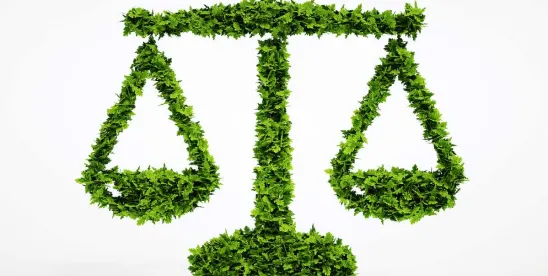On May 12, 2025, in a 5-2 decision, the Colorado Supreme Court held that the tort claims brought by local governments in Colorado against major fossil fuel companies concerning damages stemming from climate change could proceed. Specifically, the Colorado Supreme Court held that “Boulder's claims are not preempted by federal law and, therefore, the district court did not err in declining to dismiss those claims,” although the Court specifically noted that it “express[ed] no opinion on the ultimate viability of the merits of Boulder's claims.”
This decision is largely similar to, and echoes the reasoning of, the decision by the Hawaii Supreme Court to allow parallel claims by local governments in Hawaii to proceed, and the Colorado Supreme Court expressly acknowledged that “the Hawai'i Supreme Court's decision . . . is substantially on point” and that the Court found it “persuasive.” Yet this decision--which focuses on the legal doctrine of preemption--is contradicted by a ruling by the Second Circuit in a parallel legal action (and that Second Circuit decision is the core precedent relied upon by the dissent). This deepening divide over the scope of preemption may encourage the intervention of the U.S. Supreme Court into this issue, impacting the dozens of climate change tort litigation cases currently pending throughout the United States.
The Colorado Supreme Court handed another win to climate plaintiffs on Monday, ruling that Boulder County and the City of Boulder can move forward with their deception and nuisance claims against oil majors. The lower Colorado court that greenlit the municipalities’ tort claims was not wrong in doing so, and although the case “presents substantial issues of global import,” the question before the court is “narrow,” according to the decision authored by Justice Richard L. Gabriel.




 />i
/>i
